Powder vs. Tablet Multivitamins: Which Form is More Bioavailable?
When it comes to supplementing your diet with essential vitamins and minerals, choosing the right form of supplement is just as important as selecting the proper nutrients.
While both powder and tablet forms of multivitamins are available in the market, the question of which form is more bioavailable or able to be absorbed and used by the body remains.
In this article, we will take a closer look at the science behind the bioavailability of powder and tablet multivitamins and explore which form may be more effective at meeting your nutritional needs.
Meaning of Bioavailable Supplements
Supplement bioavailability refers to the amount of a nutrient that can enter the bloodstream and be used by the body. The bioavailability of a supplement can affect how much of the nutrient is available to the body and, thus, how effective the supplement is in meeting the individual’s nutritional needs.
When a supplement has high bioavailability, it means that more of the active ingredient can be absorbed and utilized by the body. High bioavailability supplements may be more effective at addressing nutrient deficiencies and supporting overall health.
On the other hand, low bioavailability supplements may not provide the same benefit, as the less active ingredients can be absorbed and used by the body.
The bioavailability of a supplement can be affected by several factors, such as
- The form of the supplement (e.g., powder, tablet, liquid)
- The individual’s absorption rate, and
- Any underlying health conditions and lifestyle
Are Powder Multivitamins More Bioavailable Than Tablets?
Powder multivitamins are considered more bioavailable than tablet forms because they do not need to be broken down by the digestive system before being absorbed.
However, the bioavailability of a vitamin supplement can also depend on the specific formulation and the individual’s absorption rate.
Does Crushing Vitamins Help With Absorption?
Crushing vitamins may increase the surface area and enhance the vitamin’s absorption. However, some vitamins are sensitive to light, heat, and moisture and may lose their effectiveness when crushed.
Additionally, some vitamins are coated to protect them from stomach acid and to control the release of the active ingredient; these coatings can be disrupted by crushing.
Before crushing any vitamin supplement, it’s essential to check the label or talk to your doctor to ensure that it is safe and effective to do so.
Are Spray Vitamins Better Than Pills?
Spray vitamins and pills are both forms of dietary supplements, but they differ in their delivery methods. Spray vitamins are delivered through the mucous membranes in the mouth, while pills are taken orally and must pass through the digestive system before being absorbed.
Spray Vitamins
The bioavailability of spray vitamins is thought to be higher than pills because they are absorbed directly into the bloodstream through the mucous membranes in the mouth.
This means that the body can use a higher percentage of the active ingredient. However, more research is needed to confirm this and the effectiveness of spray vitamins in general.
Pills
On the other hand, pills have been widely used for a long time and are considered a safe and effective way to supplement a diet with essential vitamins and minerals.
Pills also come in various forms, such as capsules, tablets, and gummies, designed to meet different populations’ needs and health conditions.
Most Bioavailable Forms Of Vitamins And Minerals
Different forms of vitamins and minerals may have varying levels of bioavailability, affecting how much of the nutrient can be absorbed and used by the body.
Here are some forms of vitamins and minerals that are generally considered to have high bioavailability:
- Vitamin C: Ascorbic acid
- Vitamin B12: Methylcobalamin and Adenosylcobalamin
- Vitamin D: D3 (cholecalciferol)
- Iron: Ferrous bisglycinate, ferrous fumarate, and ferrous gluconate
- Magnesium: Magnesium citrate, magnesium glycinate, and magnesium threonate
- Calcium: Calcium citrate, calcium lactate, and calcium gluconate
- Zinc: Zinc citrate, zinc gluconate, and zinc picolinate
Vitamin Bioavailability Comparison
Different forms of vitamins may have varying levels of bioavailability, which can affect how much of the nutrient can be absorbed and used by the body.
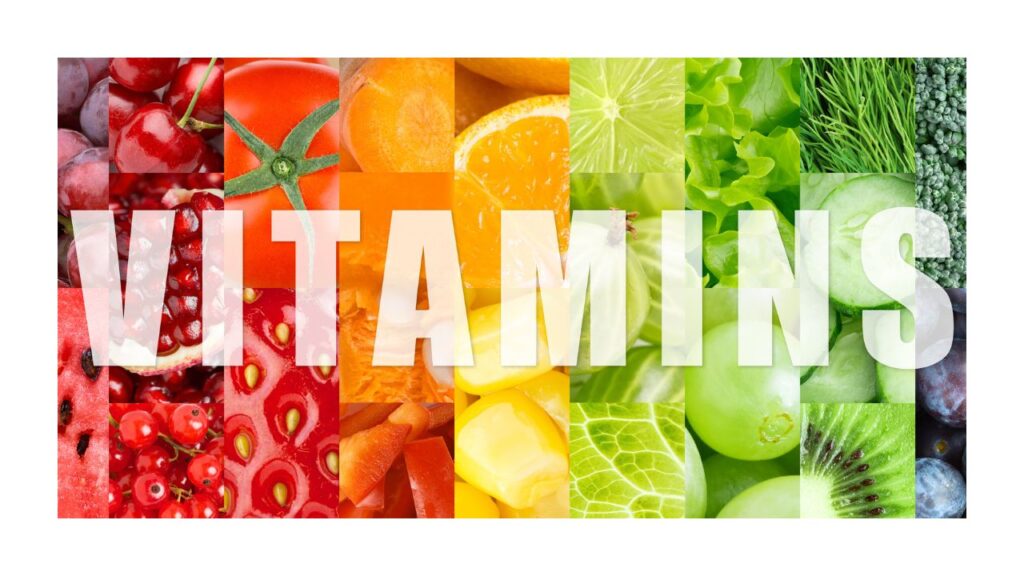
Here is a comparison of some common forms of vitamins and their bioavailability:
- Vitamin C: Ascorbic acid is considered to have the highest bioavailability among vitamin C forms. It is easily absorbed and used by the body.
- Vitamin B12: Methylcobalamin and Adenosylcobalamin have higher bioavailability than cyanocobalamin, a cheaper and more commonly used vitamin B12.
- Vitamin D: D3 (cholecalciferol) is considered to have higher bioavailability than D2 (ergocalciferol)
- Vitamin E: Natural form of vitamin E (d-alpha-tocopherol) is considered to have higher bioavailability than the synthetic form (dl-alpha-tocopherol)
- Vitamin A: Retinol and retinyl esters (found in animal-derived foods) are considered to have higher bioavailability than beta-carotene (found in plant-based foods)
How To Absorb Vitamins Better?
There are several ways to enhance the absorption of vitamins:
Take vitamins with food
Vitamins are absorbed better when taken with a meal, particularly one that contains fat. This is because some vitamins, such as A, D, E, and K, are fat-soluble and require fat to be absorbed.
Avoid taking vitamins with coffee or tea
These beverages contain tannins that can interfere with the absorption of specific vitamins, such as iron.
Avoid taking multiple supplements simultaneously
Some supplements can interact and affect the absorption of others. Therefore, it’s best to take them at different times of the day.
Take the suitable supplement form
Some vitamin forms are more easily absorbed than others. For example, liquid and chewable supplements may be more easily absorbed than pills.
Consult with a healthcare professional
They can advise on the best forms of supplements and appropriate dosages for your individual needs and any underlying health conditions.
How Do Food Preparation Methods Affect Vitamin Bioavailability?
Food preparation methods can affect the bioavailability of vitamins, the amount of a nutrient that can enter the bloodstream and be used by the body. Here are a few examples of how food preparation methods can impact vitamin bioavailability:
Cooking
Cooking can destroy some vitamins, particularly those sensitive to heat, such as vitamins C and B. So, consuming raw fruits and vegetables is a better way to consume these vitamins.
Soaking and fermenting
Soaking and fermenting can improve the bioavailability of certain minerals, such as iron and zinc, by breaking down phytic acid, a compound that can inhibit mineral absorption.
Blending or juicing
Blending or juicing fruits and vegetables can increase the bioavailability of certain nutrients, such as carotenoids, by breaking down the cell walls and making the nutrients more readily available for absorption.
Grinding
Grinding whole grains increases the bioavailability of specific vitamins and minerals, such as iron and zinc, by breaking down the outer layer of the grain, which can inhibit absorption.
Combining foods
Eating certain foods together can also affect vitamin bioavailability. For example, consuming vitamin C-rich foods with iron-rich foods can enhance iron absorption.
Final Words
The bioavailability of powder and tablet multivitamins can vary depending on the specific formulation and the person’s absorption rate.
While both forms of multivitamins can be effective, the powder form is considered to have a higher bioavailability as it can be absorbed directly into the bloodstream through the mucous membranes in the mouth.
However, more research is needed to confirm this and the effectiveness of powder multivitamins. A healthcare professional can recommend the best forms of supplements and appropriate dosages for your individual needs and any underlying health conditions.

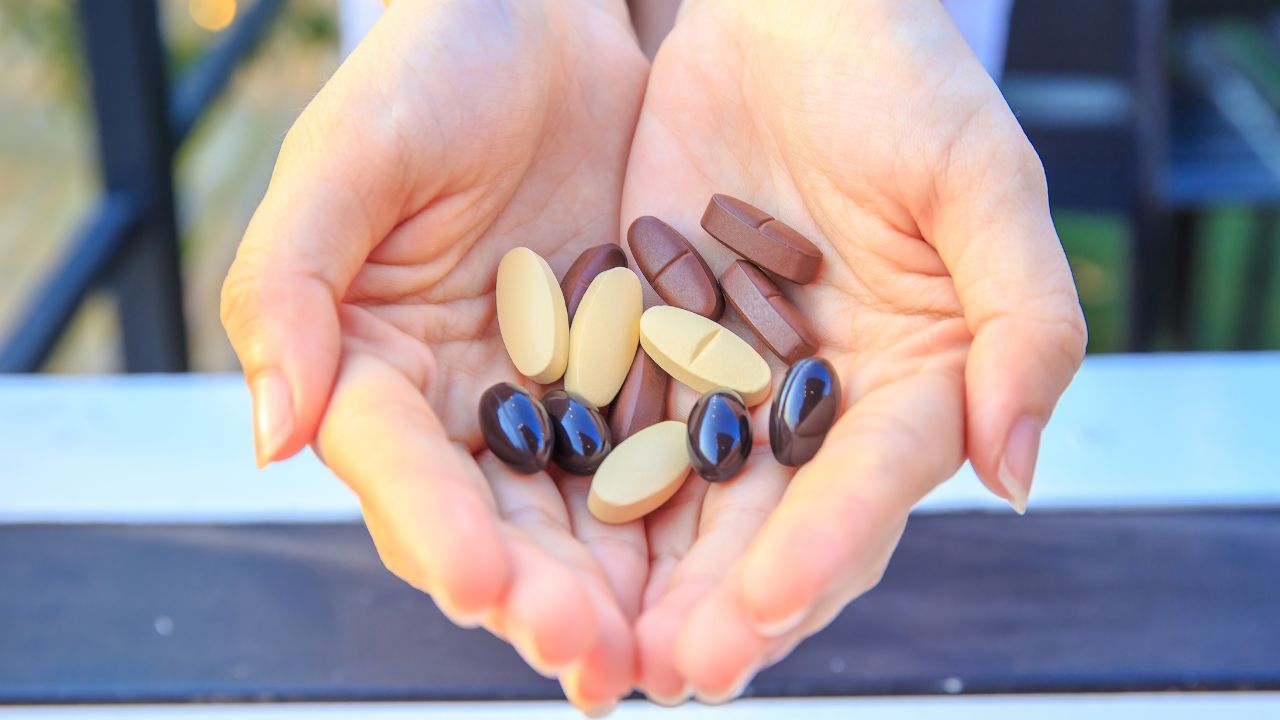


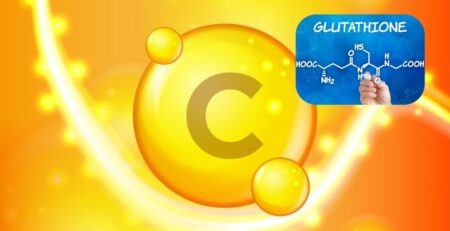
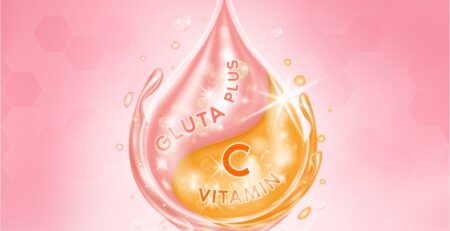
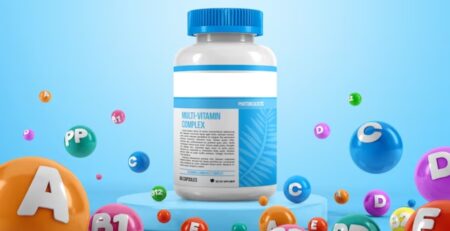

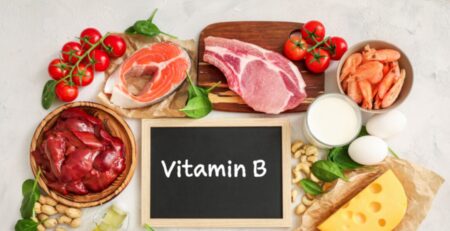
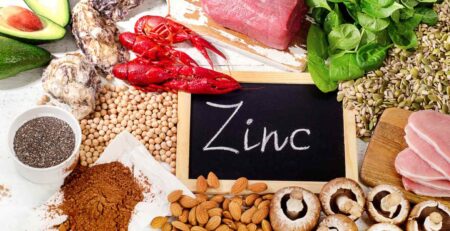


Leave a Reply